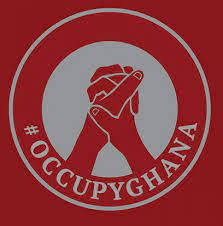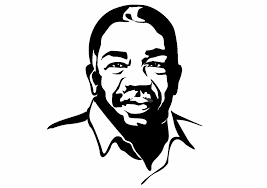Social justice fosters peace, peace enables social justice
The World Day of Social Justice was launched by the General Assembly on 26 November 2007 to reaffirm the conflict-preventive function of social justice and urge all States, inter-governmental organizations, and the international community to proactively advance social development and social justice as the foundations of lasting international peace and security.
The source of many of today’s problems lies in systemic social injustice and widespread discrimination. It is futile to look for the root causes of terrorism in any one religion – since all religions are based on universal aspirations of peace and human dignity. Among the root causes are economic and trade imbalances, a history of intervention, exploitation and extreme poverty.
Solutions cannot be sought in a military surge, but in a wider understanding of the problems that drive people, especially young people, to despair and violence.
The financial crisis of 2007/2008 and beyond was primarily a moral crisis, a result of wrong priorities, irresponsible financial transactions and the deregulation of markets. The solution cannot only be the imposition of austerity measures on social services, which has on many occasions resulted in widespread unemployment, further aggravated social injustice and impacted the already weak and marginalized.
Among necessary solutions are the creation of jobs and infrastructures through targeted governmental and private investment. Let governments implement austerity measures by downsizing the military and refraining from wars and other military adventures – which have a huge human and financial cost.
An equitable international order is impossible without social justice, human dignity, and non-discrimination as prerequisites for sustainable economic and social development. International trade and investment agreements must be informed by an overall goal to achieve social justice worldwide and to improve labour standards in conformity with the relevant ILO conventions. This in turn requires proactive genuine public consultation by the governments and agencies concerned, with due regard given to the interests of non-participating countries that should not be negatively impacted as a result of agreements that benefit only a few at the expense of many.
A democratic and equitable international order requires consultation of all stakeholders and genuine public participation at the local, national and regional levels. Parliamentarians have a particular responsibility to watch over and ensure the democratic legitimacy of all global trade agreements and refrain from fast-tracking their adoption with the ultimate effect of circumventing the will of the populations concerned.
Social justice and empowerment of groups at risk of marginalization underpin the Post-2015 Sustainable Development Agenda and are crucial components of this transformative programme of action, driven by formal commitments by the international community to eradicate extreme poverty, raise health standards and protect the environment as common heritage of mankind.
Buttressed by the work of the International Labour Organization (ILO), including the Decent Work Agenda, the World Day of Social Justice underscores that while globalization and global interdependence generate significant opportunities by way of international trade, serious challenges remain, including growing inequality within and among societies.
By its emphasis on assuring fair outcomes through greater employment, extending social protection, encouraging social dialogue, and achieving respect for fundamental principles and rights at work, the ILO’s ‘Declaration on Social Justice for a Fair Globalization’ of 2008, puts forward concrete ways to give meaning to its overarching motto: ‘If you desire peace, cultivate justice’.
All United Nations’ organs, agencies, and independent experts have a responsibility to mainstream social justice into their approaches and activities. The world is weary of nominal invocation of the rights to health, education, development, employment and gender equality without pragmatic measures of implementation. It is our pledge to act in solidarity and focus on the situation on the ground by ensuring that social justice becomes reality for all persons without discrimination.
In this context, it remains imperative that global economic systems are rooted in the principles of justice, equity, democracy, participation, transparency, accountability and inclusion, as stipulated in the resolution that established the World Day of Social Justice.”
“If you desire peace, cultivate justice”.
UNHR
This post has already been read 759 times!







Post Comment